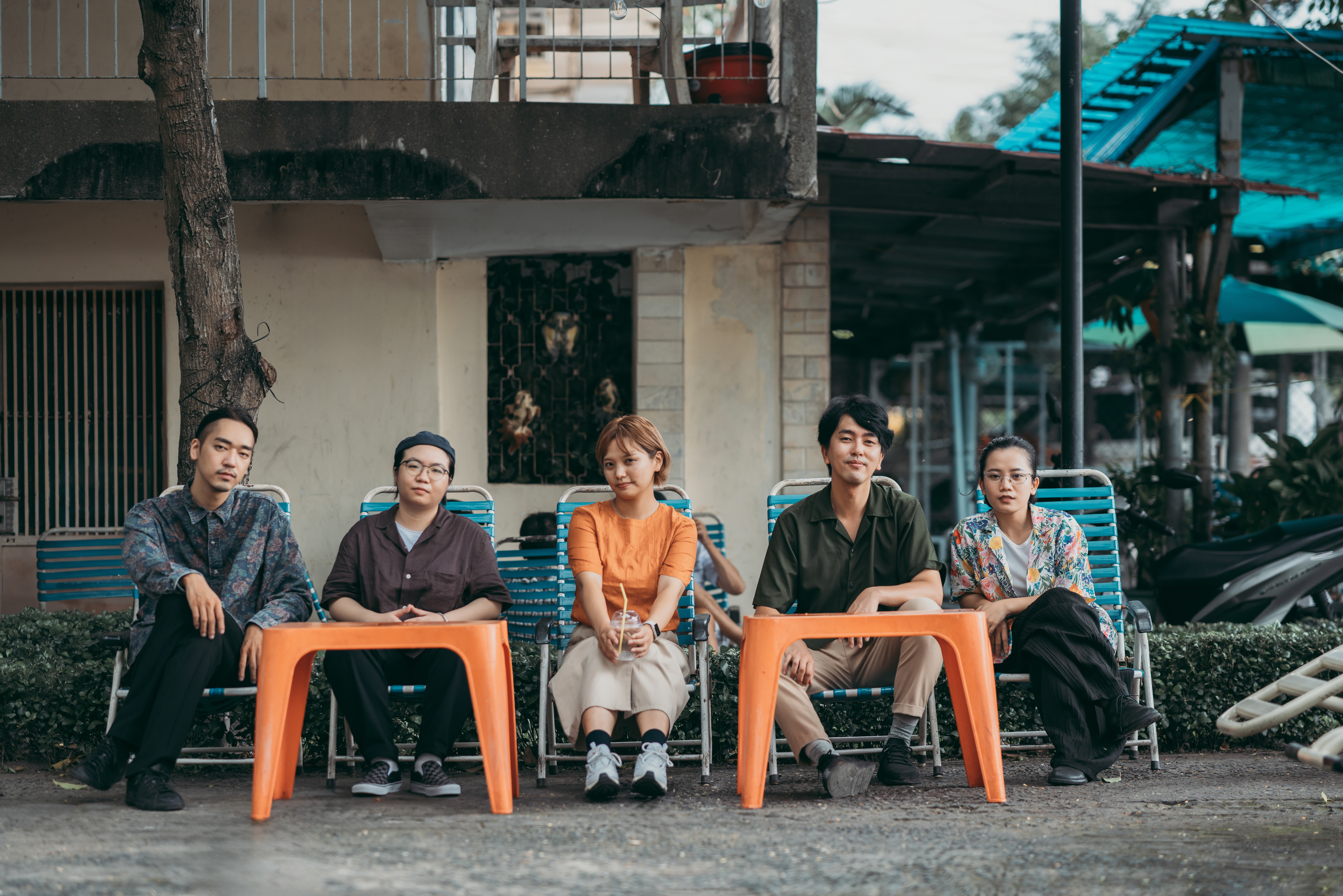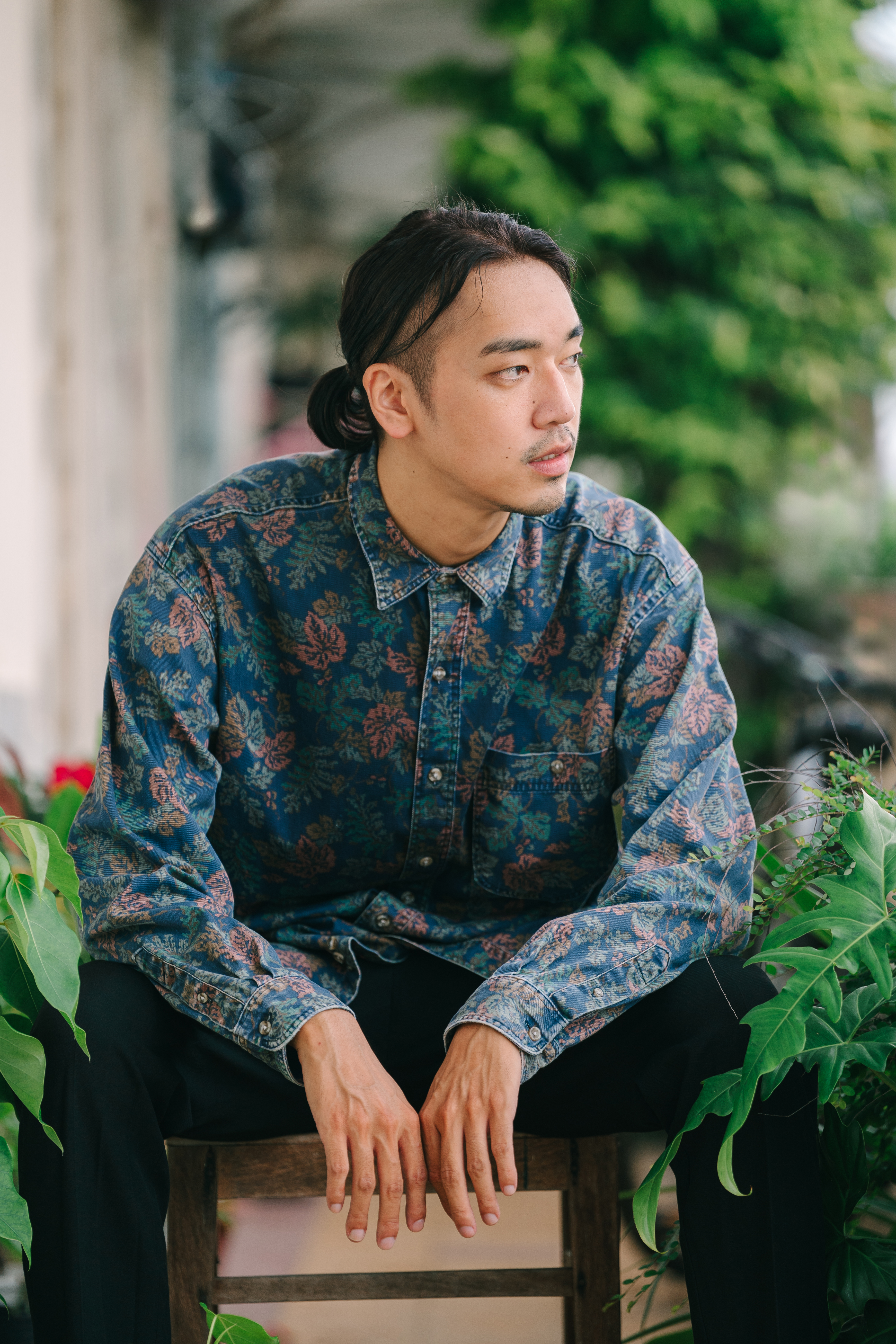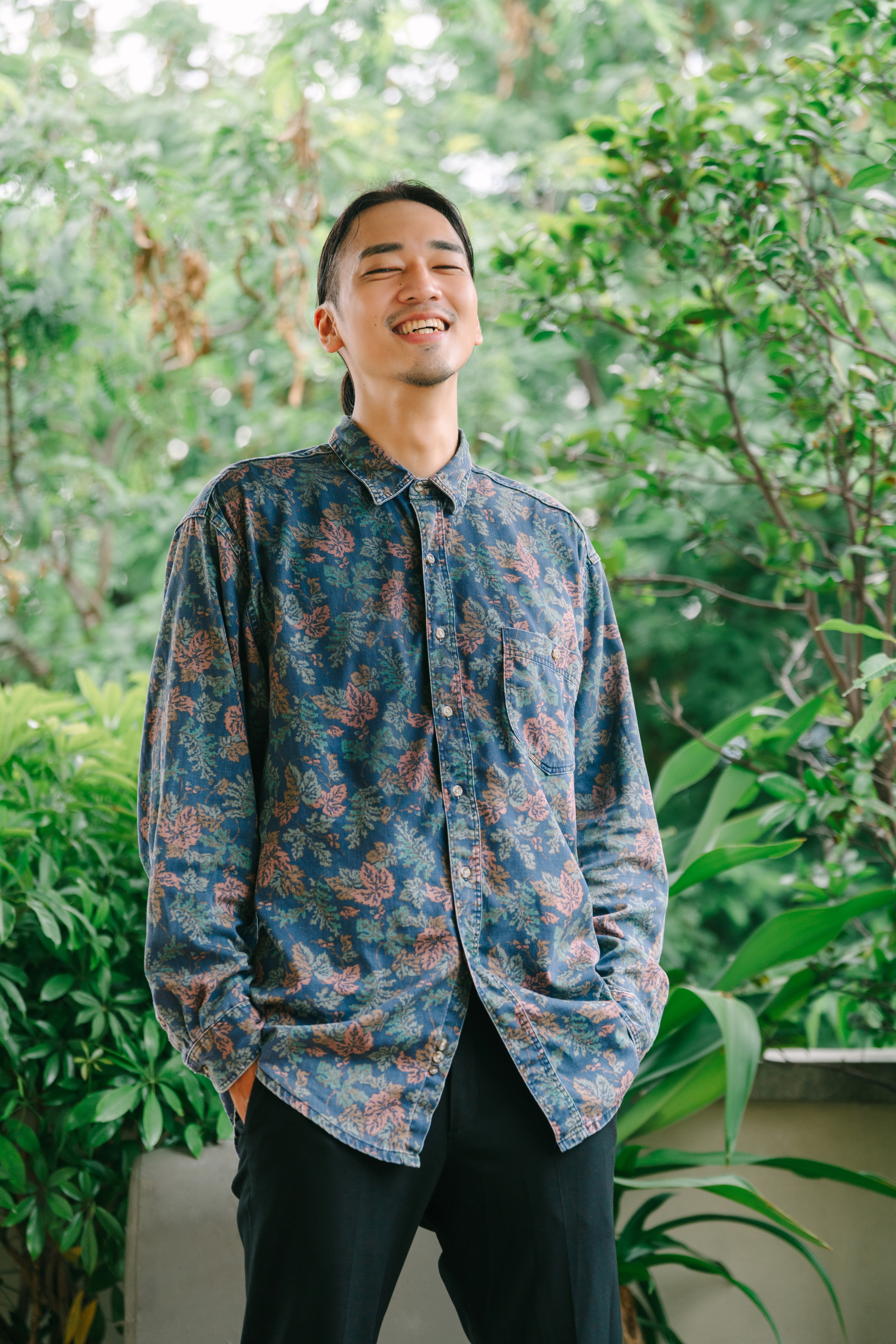Takahito Yamada, 35, established the architectural design firm 'studio anettai,' renowned for its tropical-themed projects primarily located in Ho Chi Minh City, Da Nang, and Vung Tau.
The studio's influence extends beyond Vietnam, reaching Japan and various other countries.
Yamada and his colleagues at studio anettai are also the designers of three Chidori - Coffee in Bed shops in Ho Chi Minh City.
Among their projects, the Chidori project in District 1 stands out as a prime example that distinctly embodies their philosophy.
This project demonstrates their commitment to architecture design inspired by Vietnamese cityscapes, culture, and behavior.
It was renovated from an old tube house on Pasteur Street which is four meters wide and 20 meters deep.
To meet the client's concept of a bed cafe space while taking advantage of existing conditions and connecting with the urban context, Yamada and his colleagues turned the whole house into an alley (hẻm) “where new and old cultures blend together.”
The primary area of the venue consists of 'houses' in the form of bed bunks, offering views of a two-meter-wide common path designed to replicate an alley atmosphere.
The surroundings feature rough brick walls, capturing the essence of street vibes.
Every customer to the cafe is supposed to feel like they are walking into an alley back to their beloved home.
According to Yamada, the shop owner's target customers are young Vietnamese people.
Fully aligned with this perspective, Yamada aimed to integrate Vietnamese culture, with a particular emphasis on alley culture and urban landscapes, into the essence of this project.
The Japanese architect conveyed his appreciation for the abundance of 'hidden gems' nestled in the alleys of Vietnam, which host numerous restaurants, bars, and other establishments.
While Japan also has alleys, Yamada admires the multifaceted use of Vietnamese alleys.
Here, alleyways are not merely pathways for transportation but vibrant spaces with diverse features, contributing to his admiration for the unique alley culture in the Southeast Asian country.
|
|
| Takahito Yamada is seen in this photo he provided for Tuoi Tre News. |
When asked about the working environment in Japan and Vietnam, Yamada admitted that he “has never worked in Japan."
During his time at an architecture university in Japan, Yamada delved into the study of Southeast Asian countries.
Fate intervened, leading him to secure an internship at the firm of renowned Vietnamese architect Vo Trong Nghia.
At the end of the internship, Yamada continued to work there for about five years before establishing his own studio.
Currently, studio anettai has five people on its team, with a mix of both Vietnamese and Japanese working together.
According to Yamada, one of the 'misunderstandings' he often encounters when working in Vietnam is that people often assume that he specializes in Japanese architectural style.
"In our studies in Japan, we focus on design principles without necessarily specializing in Japanese style. Recognizing the uniqueness of each environment and culture, we aim to grasp the essence of design, and in our work here, we strive to integrate it harmoniously with Vietnamese culture,” Yamada said.
Another aspect that initially perplexed the Japanese architect when collaborating with Vietnamese clients was the inclination of Vietnamese people to adorn their spaces with a multitude of items and decorations.
First taken aback by seeing his designs adorned with various decorations, Yamada's perception evolved over several years in Vietnam.
He came to realize that the habit goes beyond mere 'decoration' – it serves as tangible evidence that the architecture is actively lived in and personalized by the inhabitants.
"We are intrigued and should appreciate it," remarked Yamada, emphasizing that he has structured his designs to be adaptable, allowing clients to make adjustments as they start living in the spaces.
|
|
| Takahito Yamada is seen in this photo he provided for Tuoi Tre News. |
Having resided in Vietnam for a decade, Yamada has disclosed his intention to prolong his stay.
He has broadened the scope of his work beyond Vietnam and Japan, extending to other countries such as India.
Like us on Facebook or follow us on Twitter to get the latest news about Vietnam!



















































